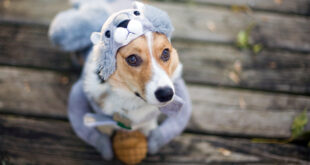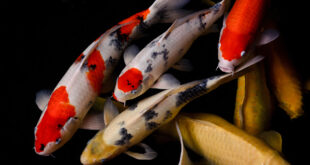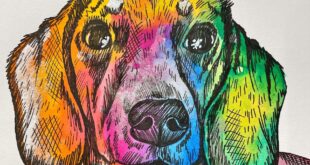For a lot of us, nothing can beat the smell of garlic roasting in the kitchen. And not only does it tickle our taste buds, but it also has a lot of excellent health properties that could benefit our wellness.
Wouldn’t most of us want to share this wonderful food with our dogs?
After all, as pet owners, we always want the best for our furry friends.
But keep in mind, a dog’s metabolism may work very differently from ours. So, while garlic might be good for our health, it could cause some complications for a dog.
Garlic, along with other members of the allium family, such as onions, leeks, and shallots, contains a compound known as thiosulphate, which is alright for humans but unhealthy for dogs. In fact, it’s toxic for them.
Below, we’ll be going through a couple of reasons why you shouldn’t feed your dog garlic. Please take note of the information below to avoid any future complications to your furry friend’s health.
Table of Contents
Garlic Is Part of the Allium Family
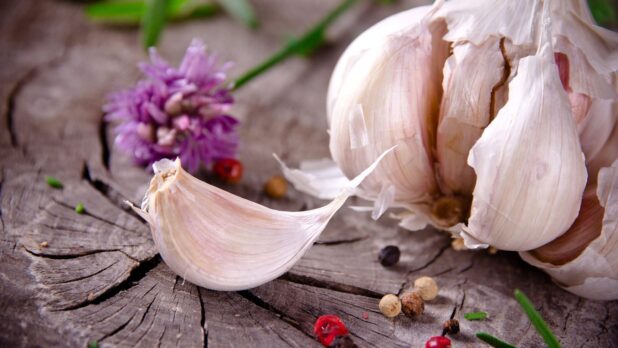
Most experts agree that members of the allium family are toxic to dogs. While safe and sometimes even beneficial to humans, they can cause some serious health hazards to dogs. Along with garlic and onions, the allium family includes chives, leeks, shallots, and more.
The reason these vegetables are toxic to dogs is that they contain thiosulphate. Thiosulphate is completely digestible and safe for humans. However, for dogs, it is a different story. Since their metabolism works much differently from ours, their body reacts to things differently.
So, it’s advisable to keep most members of the allium family away from your dogs. If you want to know more about the allium family check out Britannica’s explanation.
So, be aware of this when giving some food from your plate in a bar or restaurant to your dog.
Sometimes garlic is added without you even knowing, so better take your dog’s treats with you that are targeted to canines or just prepare homemade food without garlic or onion to give as a snack.
May Cause Damage to the Blood Cells
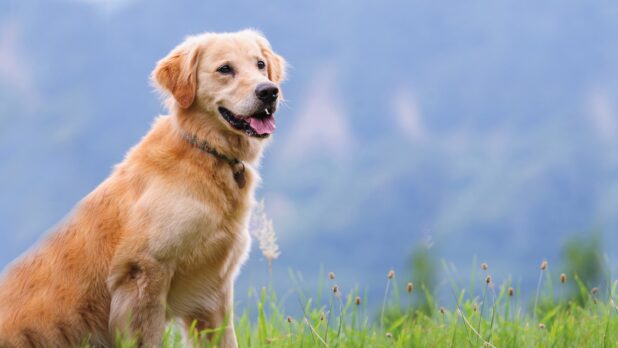
One of the most common symptoms of garlic poisoning in dogs is damage to the red blood cells. This is a severe symptom and should not be taken lightly.
Garlic poisoning is also known to cause gastrointestinal upset, anemia, along with many others. Here are some other common symptoms of garlic poisoning:
- Anorexia
- Bad breath
- Blood in the urine
- Dehydration
- Collapse
- Drooling
- Diarrhea
- Depression
- Lethargy
- Seizures
- Red or brown urine
- Jaundice
In the event you witness your dog exhibiting any of these symptoms, contact your vet immediately.
These are not the only symptoms of garlic poisoning, which is why it should be taken very seriously. For more information about how dogs react to garlic, you can check out this website: whatthepup.spotandtango.com/is-garlic-bad-for-dogs/.
Can Affect Some Breeds More Than Others
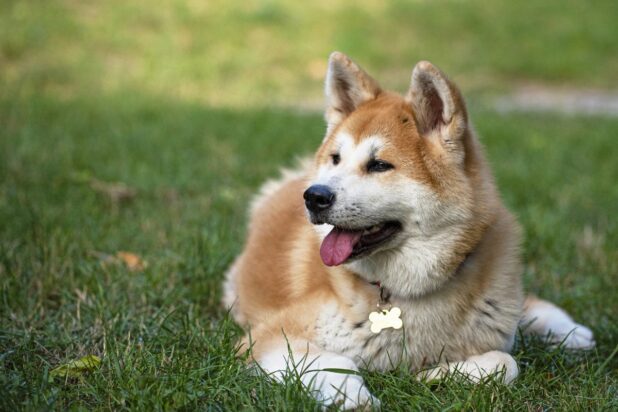
While garlic is generally bad for most dogs, it can affect some breeds more adversely than others. It is especially dangerous in the form of powdered seasoning and can have much more severe effects on Japanese breeds.
Breeds, including the Akita, Spitz, and Shiba Inu, have exhibited much more severe reactions to garlic. Experts aren’t entirely sure why this happens, but it is theorized that their high red blood cell count and low glutathione.
These traits are hereditary, so they pass from parents to their puppies, in these breeds and could be one of the reasons they have such serious reactions to garlic.
Should I Feed My Dog Garlic?
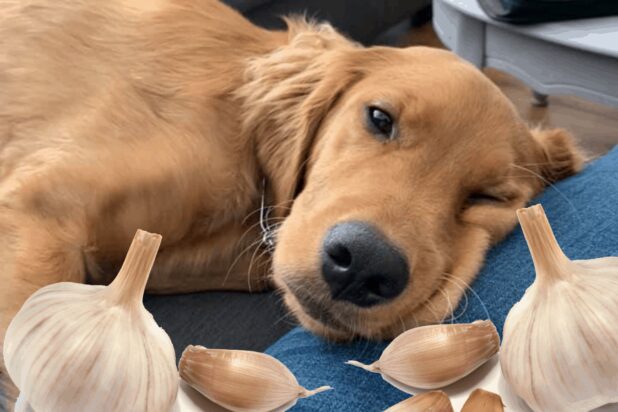
There are many articles out there that claim to feed your dog small amounts of garlic can benefit their health. And while this might be true in special cases, it is simply not worth the risk.
All dogs are susceptible to having adverse reactions to garlic. This is especially true when fed in large amounts or powdered form. Some dogs will have much more severe reactions than others, and it can be impossible to know.
So, to stay on the safe side, keep your dogs away from garlic and other members of the allium family. This ensures that they won’t run into any health complications, allowing them to live happy and healthy lives.
Other Human Foods That Your Dog Must Avoid
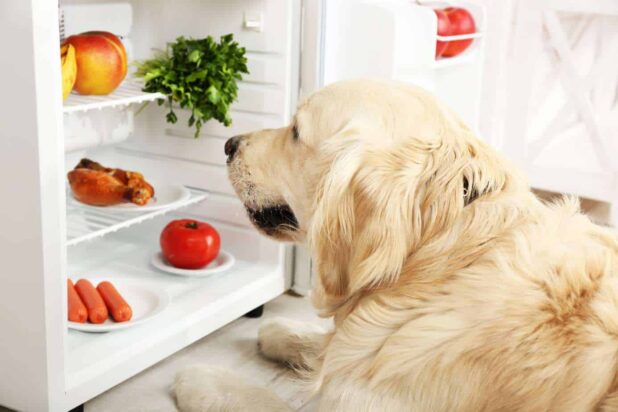
Besides garlic and onion, there are other foods that are present in our daily lives that shouldn’t be digested by dogs. Some examples are avocados, grapes and raisins, nuts (walnuts, macadamia nuts, chestnuts), coffee and tea, and sadly chocolate.
Avocados contain a toxin called persin that is dangerous for pets (cats too), while grapes and raisins even in small amounts can cause kidney failure to your dog. Meanwhile, coffee, tea, and chocolate have caffeine and theobromine, which is a big no for animals. Since they are quite small, their system can’t handle the effects on the nervous system, so these ones are also very unsafe.
Finally, don’t feed your dog any nuts. They are mostly toxic for them to eat and can cause vomit and hyperthermia. Again, contact your vet if your dog has ingested any of the products above.
Conclusion
Garlic is part of the allium family and contains thiosulphate, which can cause damage to a dog’s digestion. You should seek alternative foods and check the ingredients of the food you are giving your dog, to avoid any traces of garlic.
If you suspect your dog has eaten garlic, don’t panic. In residual amounts, it can be digested with no harm, but it’s still better to keep your dog under vigilance, in case he or she presents some unexpected symptoms. In that case, please contact your vet as soon as possible, as they will tell you immediately what to do.
Although your dog is your best friend, your nutritional needs are different, and you shouldn’t feed him the same as you feed yourself without checking first if it’s safe for him/her to eat it.
 World Magazine 2024
World Magazine 2024

